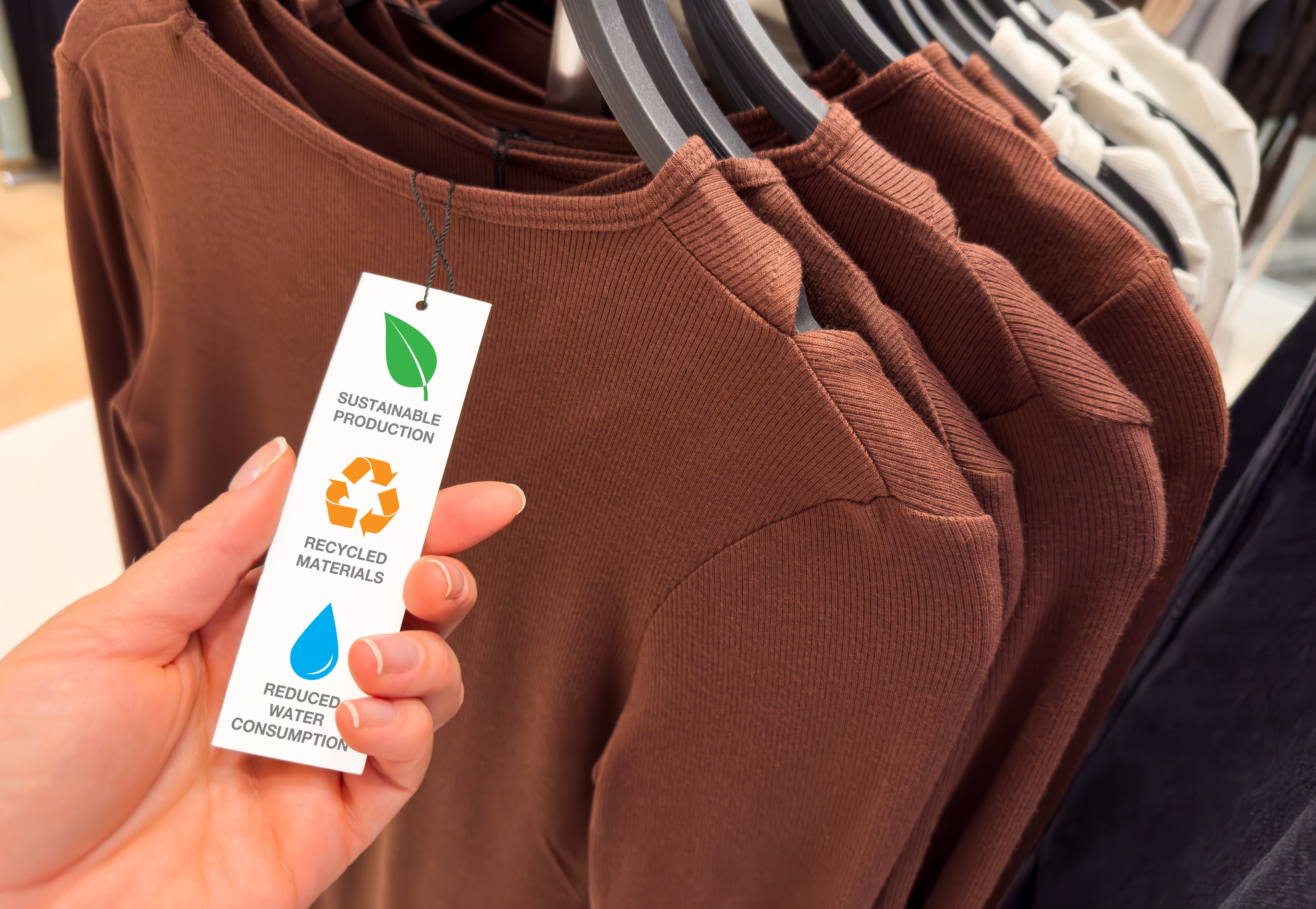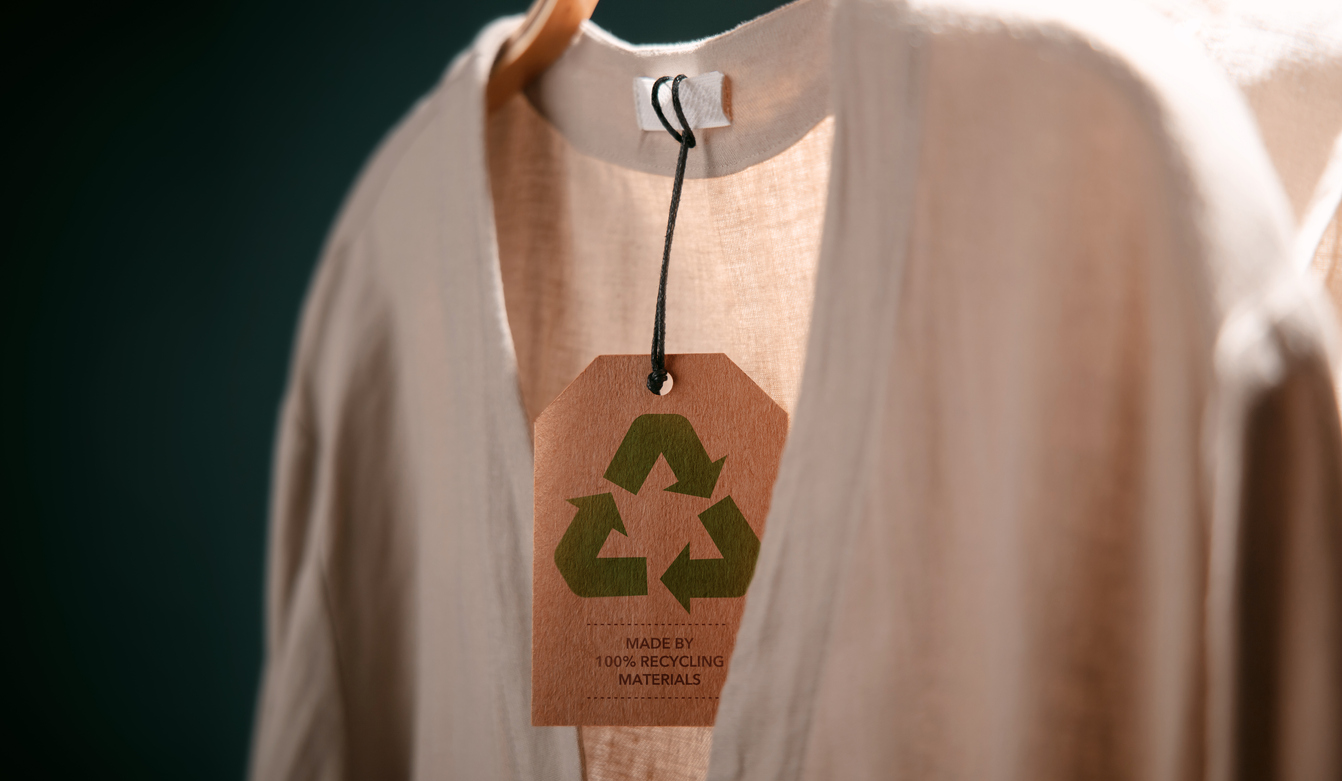Cape Town Sustainable Fashion: Eco-Friendly Trends to Enjoy
Cape Town Sustainable Fashion: Eco-Friendly Trends to Enjoy
Blog Article
Keep Ahead of the Contour by Discovering Ingenious Fashion Trends
In a market as dynamic as fashion, remaining in advance includes even more than just complying with existing trends-- it demands an exploration of technology. The convergence of technology and fashion declares a brand-new age of customer engagement.

Welcoming Smart Textiles
Over the last few years, the fashion market has experienced a transformative change with the assimilation of smart textiles, an innovative advancement that blends technology with fabric. This evolution stands for not only a combination of appearances and functionality however also a considerable jump in the direction of sustainability and customization in vogue. Smart textiles, additionally called e-textiles, embed sophisticated electronics such as sensing units and conductive threads within the material, enabling garments to connect with the atmosphere or the wearer.
These textiles are made to keep track of physiological criteria, such as heart rate or body temperature, offering real-time health and wellness analytics. Beyond wellness applications, clever textiles are additionally being made use of for flexible garments, which can transform shade or pattern in reaction to ecological stimuli, thus providing a dynamic style experience.
Additionally, the growth of energy-harvesting textiles that create power from activity or sunshine is paving the method for self-sufficient wearable innovation. This development is interesting eco mindful customers and designers aiming to minimize the ecological footprint of style. As r & d in this area development, clever fabrics are anticipated to come to be progressively prevalent, reshaping the landscape of modern-day style with their multifunctional capacities.
The Increase of 3D Printing
Reinventing the production landscape, 3D printing has arised as a game-changer in the style sector. This sophisticated innovation has actually enabled developers to push the borders of creative thinking, creating intricate and personalized garments that were previously inconceivable. By leveraging electronic style and additive production, 3D printing promotes the creation of complex geometries and patterns, enabling developers to experiment with new textures and frameworks.
A noteworthy advantage of 3D printing in style is its capability to generate on-demand, lessening waste and lowering inventory needs. This efficiency not just optimizes manufacturing procedures yet likewise permits rapid prototyping, enabling designers to bring their visions to life in a much shorter timeframe. Furthermore, 3D printing sustains modification somewhat unrivaled by traditional approaches, offering unique styles and customized fits tailored to specific consumer choices.
The surge of 3D printing has actually likewise equalized style, making it accessible to arising developers who can currently produce top notch pieces without substantial financial investment in standard production framework. As innovation continues to development, the apparel industry is positioned to harness the complete capacity of 3D printing, checking out brand-new materials and strategies that will unquestionably redefine how style is developed and produced.
Lasting Fashion Developments
As the fashion business faces journalism need for environmental duty, sustainable style technologies have actually arised at the forefront of transformative modification. The expanding awareness of environmental influence has actually sustained a shift towards even more eco-conscious techniques and materials. Designers and brand names are currently prioritizing sustainability, integrating methods that decrease waste and minimize carbon impacts.
One significant development is the rise of round fashion, which stresses recycling and upcycling to expand the lifecycle of garments. This method not just reduces waste but also encourages customers to embrace a more mindful technique to More Bonuses clothing intake. Additionally, making use of sustainable products, such as natural cotton, hemp, and recycled polyester, has actually gained traction. These materials require much less water and power throughout manufacturing, dramatically lessening ecological influence.
Another innovation hinges on the fostering of cutting-edge dyeing methods that make use of natural dyes or waterless processes, consequently reducing the substantial amounts of water and chemicals generally made use of in fabric dyeing. Additionally, improvements in biotechnology have resulted in the creation of lab-grown natural leather and fabrics, supplying cruelty-free and eco friendly choices to conventional materials. Via these pioneering efforts, the garment industry is making significant strides in the direction of an extra lasting future.

Tech-Integrated Garments
Tech-integrated clothing stands for a groundbreaking combination of fashion and modern technology, improving just how people connect with their clothes. This innovative domain name is noted by the addition of smart textiles and embedded electronic components, improving both capability and aesthetic allure. From physical fitness trackers installed in sports apparel to warmed jackets controlled by means of smart device apps, tech-integrated garments provides consumers extraordinary convenience and adaptability.
Pioneering brand names are driving this fad, concentrating on developing garments that react to environmental stimuli or user commands. As an example, some garments can transform color or pattern in reaction to temperature level changes, while others integrate biometric sensors to monitor health and wellness metrics like heart rate or tension degrees. The seamless combination of technology into textiles likewise includes ecological sustainability, with initiatives to create self-cleaning materials or garments that adapt to weather conditions, hence lessening the requirement for numerous layers.
Furthermore, the arrival of wearable modern technology is not just limited to clothing yet expands to devices like watches and glasses, further expanding get redirected here the scope of tech-integrated style. As the market remains to introduce, the possibility for customization and personalization in garments grows, offering customers unique, tech-enhanced fashion experiences that deal with their specific demands and choices.
Future of Virtual Fashion
Over the last few years, the future of digital fashion has emerged as a transformative pressure within the sector, leveraging improvements in digital modern technology to redefine just how style is created, experienced, and taken in. By incorporating increased fact (AR), virtual reality (VR), and 3D layout devices, designers can now craft interactive and immersive experiences that transcend standard fashion limits. Online style permits the production of garments that exist only in digital settings, using limitless opportunities for technology without the constraints of physical production.
This digital change not only provides chances for innovative expression however also addresses sustainability worries fundamental in standard fashion practices. Cape Town Sustainable look at this now Fashion. By eliminating the requirement for physical resources, digital fashion reduces waste and minimizes carbon impacts. Additionally, the surge of digital fashion lines up with the boosting customer demand for individualized and special experiences, as virtual garments can be tailored and tailored to private choices easily

Verdict
The style industry's future lies in the combination of sustainable practices and cutting-edge technologies. Online fashion is positioned to redefine consumer interactions.
In current years, the style market has actually experienced a transformative change with the combination of smart fabrics, a sophisticated advancement that mixes technology with textile.As the fashion sector grapples with the pushing demand for environmental responsibility, lasting style developments have actually arised at the forefront of transformative change.In recent years, the future of virtual style has actually emerged as a transformative force within the sector, leveraging innovations in digital innovation to redefine how fashion is produced, experienced, and taken in. The surge of online fashion aligns with the increasing customer demand for one-of-a-kind and individualized experiences, as online garments can be customized and tailored to private preferences with ease.
The style industry's future lies in the integration of ingenious innovations and sustainable practices.
Report this page